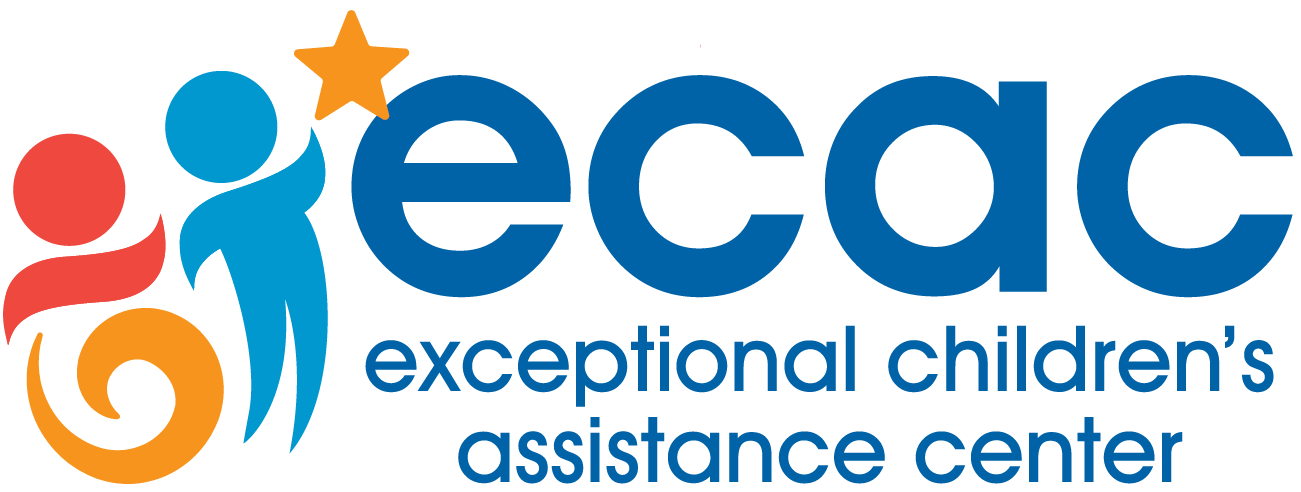Making Summer Count: Learning Doesn’t Stop When Schools Does
Preventing learning loss during the summer months is crucial for children with disabilities. The challenge is to find a good balance by helping your child stay on track without making it feel like school, while still leaving plenty of time for fun and relaxation. Keeping kids engaged with simple learning routines over the summer can also make the back-to-school transition easier for everyone. Small, consistent efforts can make a big difference in keeping kids on track and ready for the new school year
Summer Counts: Reading Matters
 Here are tips to support continuous learning:
Here are tips to support continuous learning:
- Review your child’s IEP with the teacher to identify reading goals that can be reinforced during summer. This ensures that summer activities align with your child’s specific learning needs.
- Provide structure and a clear, predictable routine especially during the unstructured days of summer. A basic schedule can reduce stress and help your child know what to expect. It doesn’t have to be rigid or packed with activities.
- Participate in community events and everyday routines that offer learning opportunities. Activities like cooking together can incorporate math skills, while gardening can enhance both math and science understanding.
- Enroll your child in programs that offer structured learning experiences tailored for children with disabilities. Look for camps or programs that provide educational activities aligned with your child’s interests and academic needs.
- Visit museums, aquariums, or nature centers that offer interactive exhibits. Encourage your child to read signage, navigate maps, and summarize their learnings to reinforce reading and comprehension skills.
- Establish a daily reading habit. Utitlize online platforms like NC Digital Library which offers free access to a wide range of books in various formats.
- Relax and make sure you and your child have time to unwind and recharge over the summer.
Summer Counts: Math Tips to Stay on Track
Kids can lose important math skills over the summer, and this can be even more challenging for children with disabilities. Research shows that students can lose 2 to 3 months of math learning during summer break, more than they lose in reading.

- Review Your Child’s IEP Math GoalsLook at your child’s math goals and pick a few to focus on during the summer. This helps keep your child learning the skills that matter most.
- Keep a Simple Daily Routine
Summer days can feel unstructured. Try to keep a basic routine and include a short time for math, whether through games, apps, or daily tasks. A little structure helps your child stay focused without feeling overwhelmed. - Use Math in Everyday Life
Math is everywhere! These real-life activities help your child see how math is useful and fun. - Cooking: Measure ingredients and talk about fractions.
- Shopping: Compare prices, estimate totals, and count change.
- Travel: Figure out how long a trip will take or how far you’re going.
- Get Out and Explore: Trips to museums, science centers, or nature walks often include math without feeling like “school.” Look for opportunities to count, measure, or estimate during your outings
- Look for Math-Friendly Camps or Programs
Many summer programs offer hands-on learning activities tailored to different needs. Ask about ones that include math or problem-solving. - Try Free Online Math Games and Tools
Websites like Bedtime Math, and Prodigy offer free math games and lessons. These can help your child stay sharp and even practice IEP goals in a fun way.

